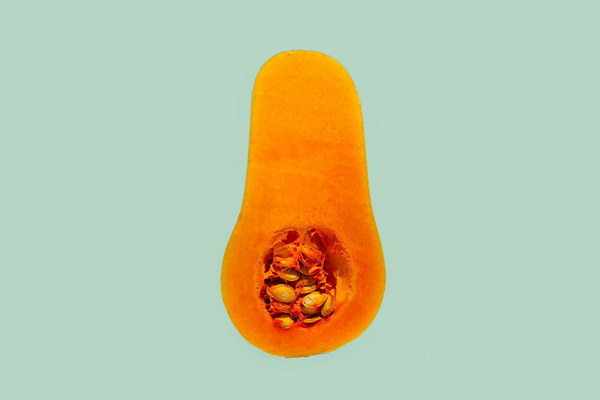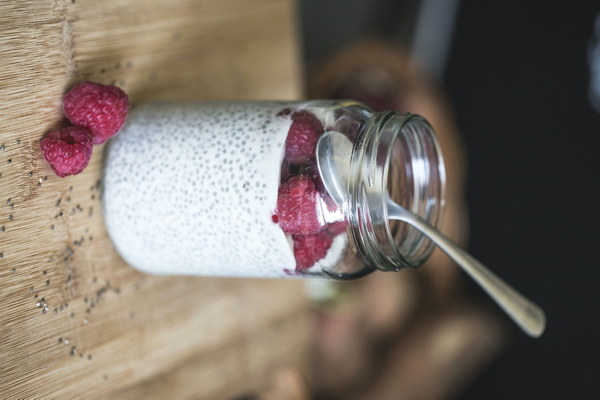Maximize Fertility A Comprehensive Guide to Enhancing Ovulation through Body Tuning
Embarking on the journey towards motherhood is a significant milestone for many women. One crucial aspect of fertility is ensuring a regular and healthy ovulation cycle. While medical interventions are available, natural methods of body tuning can greatly enhance the chances of successful conception. This article delves into the various strategies you can adopt to optimize your body for better ovulation.
1. Diet and Nutrition
A well-balanced diet is the cornerstone of a healthy body. Consuming a variety of nutrients can significantly impact your ovulation cycle. Here are some key dietary considerations:
a. Fiber-Rich Foods: High-fiber foods like whole grains, fruits, and vegetables can help regulate hormone levels and maintain a healthy weight, which is crucial for ovulation.
b. Healthy Fats: Omega-3 fatty acids, found in foods like fish, flaxseeds, and walnuts, have been linked to improved fertility. They help reduce inflammation and support reproductive health.
c. Protein: Adequate protein intake is essential for hormone production and egg development. Lean meats, eggs, and plant-based proteins are great options.
d. Vitamins and Minerals: Certain vitamins and minerals are vital for reproductive health. Vitamin D, vitamin E, iron, and calcium are just a few examples that can be found in foods like fortified cereals, leafy greens, and dairy products.
2. Regular Exercise
Physical activity is essential for maintaining a healthy weight and reducing stress, both of which can impact ovulation. Aim for at least 150 minutes of moderate aerobic exercise per week, such as brisk walking, swimming, or cycling. Strength training exercises can also be beneficial for hormonal balance.
3. Stress Management
Chronic stress can lead to hormonal imbalances and disrupt the ovulation cycle. Here are some techniques to help manage stress:
a. Mindfulness and Meditation: These practices can help you stay grounded and reduce the negative impact of stress on your body.
b. Yoga: Yoga combines physical movement, meditation, and breathing exercises to promote relaxation and improve overall well-being.
c. Adequate Sleep: Ensure you get 7-9 hours of quality sleep per night to support hormonal balance and reduce stress levels.
4. Supplements
While a healthy diet should provide most of the necessary nutrients, certain supplements can support fertility:
a. Folic Acid: This B vitamin is crucial for the development of the fetus and can help improve ovulation.
b. DHEA: A hormone that supports fertility, DHEA can be taken in supplement form under the guidance of a healthcare professional.
c. Inositol: This supplement has been shown to improve ovulation in women with polycystic ovary syndrome (PCOS).
5. Monitor Your Cycle
Tracking your menstrual cycle can provide valuable insights into your fertility. By keeping a detailed record, you can identify patterns and predict the best time for conception. Consider using ovulation predictor kits or fertility monitors to help you determine when you are most fertile.
6. Avoid Harmful Substances
Certain substances can negatively impact fertility. These include:

a. Alcohol: Excessive alcohol consumption can disrupt the ovulation cycle and decrease fertility.
b. Cigarette Smoke: Smoking can lead to hormonal imbalances and decrease the chances of conception.
c. Pesticides and Endocrine Disruptors: Exposure to these substances can interfere with hormone production and ovulation.
In conclusion, enhancing ovulation through body tuning involves a combination of dietary adjustments, regular exercise, stress management, supplements, cycle monitoring, and avoiding harmful substances. By implementing these strategies, you can optimize your body for better fertility and increase your chances of successful conception. Remember to consult with a healthcare professional before making any significant changes to your lifestyle or diet.









